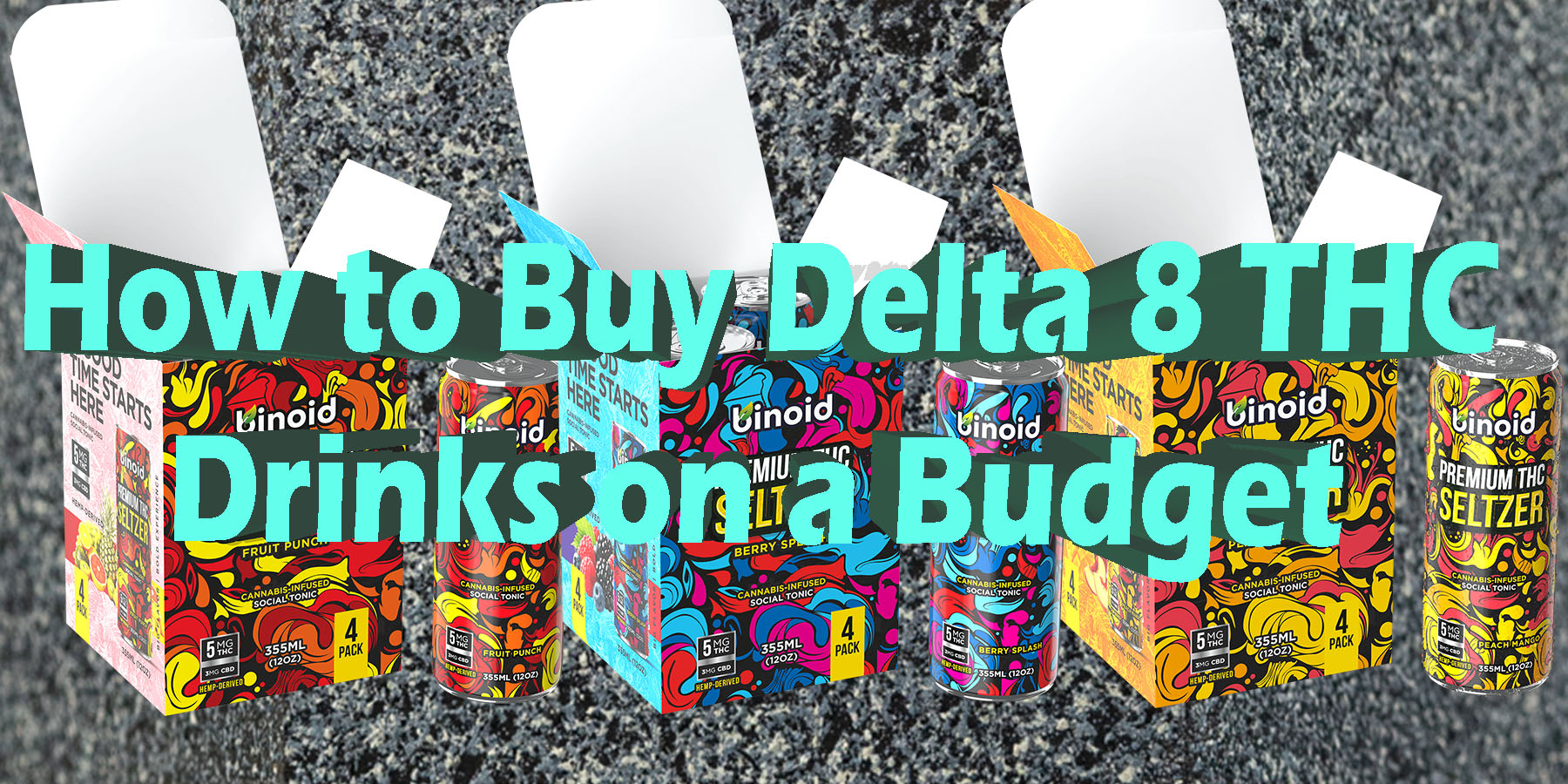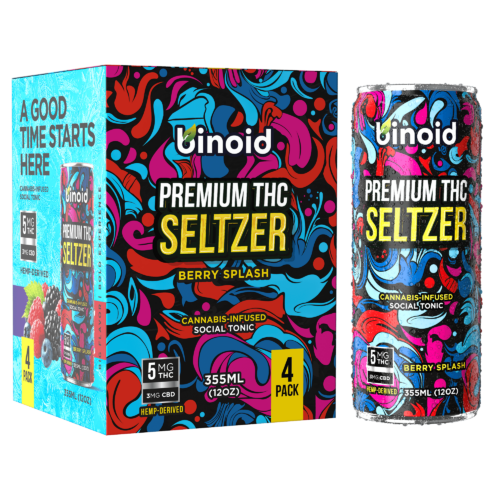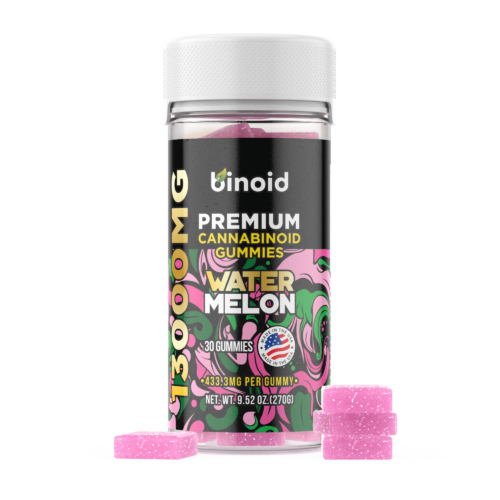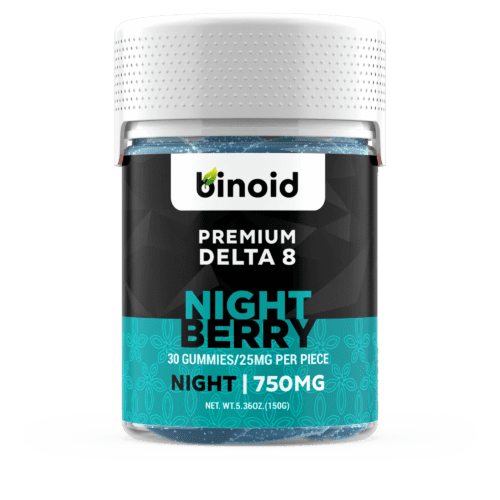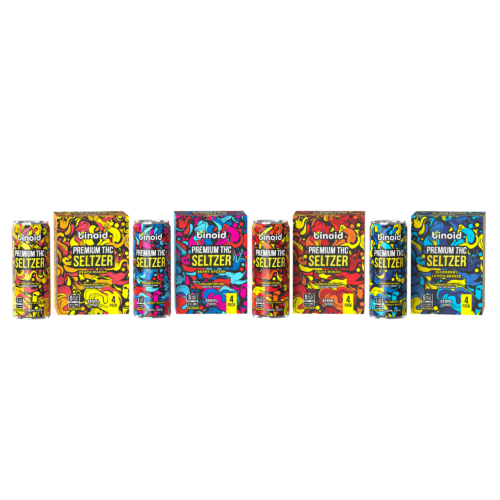In the modern pursuit of wellness and curated leisure, we have become savvy financial analysts of our own lives. We meticulously weigh the cost of an organic meal delivery service against weekly groceries, calculate the per-class cost of a yoga membership, and search for the best value in our daily coffee ritual. Every choice comes with a price tag, and the art of living well often lies in making smart, sustainable investments in our own enjoyment and relaxation.
As the vibrant and exciting world of Delta 8 THC-infused beverage enters this landscape, it brings with it a natural and important question for the discerning consumer: what is the actual cost of this novel form of bliss? It’s easy to look at the price of a single, gleaming can and wonder if this new experience is an expensive luxury or an affordable part of a balanced lifestyle. This guide is designed to demystify the economics of Delta 8 drinks, providing a clear and comprehensive look at the factors that drive their cost and offering a strategic playbook for how to enjoy them, even if you’re on a budget.
To Buy Delta 8 THC Drinks Click Here
Recommended products
Understanding the Delta 8 THC Drink Landscape
Before we can analyze the cost, it’s essential to understand the product itself. A Delta 8 THC drink is a professionally crafted, ready-to-consume beverage containing a precise dose of Delta 8 Tetrahydrocannabinol – a hemp-derived cannabinoid known for its clear-headed and functional effects. The market is a diverse ecosystem of options, each with a different formulation that can impact its price point. The creation of these drinks hinges on the science of emulsification, allowing the Delta 8 to blend seamlessly into liquid. The complexity of this process and the ingredients used for the following are the first clues to a product’s value:
Delta 8 Seltzers: Often positioned as the most straightforward and accessible option, the price of seltzers is typically influenced by their minimalist ingredient list. Made from purified carbonated water, a Delta 8 nano-emulsion, and natural fruit essences, their production is relatively simple. This often translates to a lower per-unit cost, making them an excellent entry point for budget-conscious consumers.
Delta 8 Sodas: These beverages are designed to be an indulgent treat, and their price can reflect that. The cost is driven not only by the Delta 8 content but also by the more complex syrup base, which requires specific flavorings and sweeteners. Brands using high-fructose corn syrup may offer a lower price, while those using premium cane sugar or natural flavors will command a higher one.
Delta 8 Waters: Crafted for the purist, the cost of these drinks is almost entirely dependent on the quality and potency of the Delta 8 infusion itself. With no sugar or flavors to consider, the price tag is a direct reflection of the cannabinoid content and the technology used to make it tasteless and water-soluble, making a cost-per-milligram analysis very straightforward.
Delta 8 Lemonade: The price of a Delta 8 lemonade is a tale of its ingredients. A product made from concentrate with artificial sweeteners will be significantly cheaper than a premium, cold-pressed lemonade made with real fruit juice and organic agave nectar. The consumer is paying for the quality of the beverage itself, in addition to the cannabinoid effects.
Delta 8 Tea: The cost of infused teas can vary widely. A simple, ready-to-drink sweetened black tea will be on the lower end of the price spectrum. However, a specialty tea using rare or organic leaves, like a high-grade matcha or a unique herbal blend, will have a higher base cost before the Delta 8 is even added, positioning it as a more premium product.
Delta 8 Coffee: For infused Delta 8 coffee, the price is heavily influenced by the quality of the coffee beans and the infusion method. Ready-to-drink cold brews that use single-origin, artisan-roasted beans will be more expensive than a product made from a bulk coffee concentrate. The added costs of milk, creamers, and natural sweeteners also play a significant role.
Delta 8 Cocktails: These are typically among the most expensive options per serving, and for good reason. They are complex formulations designed to mimic the taste of traditional cocktails. The cost is driven by the long list of high-quality ingredients required, such as real botanical extracts, various fruit juices, bitters, and spices, making them a premium, luxury item.
Delta 8 Drink Mix: From a per-serving perspective, drink mixes are often the most cost-effective option available. While the upfront cost of a container or a box of sachets might seem higher than a single can, the ability to create many servings from one purchase dramatically lowers the price of each individual experience, making them a go-to for budget-savvy consumers.
Recommended products
Deconstructing the Price Tag in Terms of Factors Influencing the Cost of a Delta 8 THC Drink?
The price you see on a can of a Delta 8 beverage is not an arbitrary number. It is the end result of a complex economic equation, a final figure that reflects a wide range of variables from agricultural sourcing to marketing strategy. Understanding these factors below is the key to becoming a savvy consumer, as it allows you to look past the shelf price and see the true value of what you’re purchasing, thus helping you to identify products that are genuinely premium and those that are simply overpriced:
Cannabinoid Potency (MG Content): This is the most direct and significant factor in the cost of any Delta 8 drink. The Delta 8 extract itself is the most valuable ingredient in the formulation. Therefore, a drink containing 25mg of Delta 8 will almost always be more expensive than one containing 5mg, assuming all other factors are equal. However, looking at the total price alone can be misleading. The smartest way to assess value is to calculate the cost-per-milligram. You do this by dividing the total price of the beverage by the total milligrams of Delta 8 it contains. This simple calculation allows you to compare the true cannabinoid value of a high-potency drink versus a low-potency one, revealing which product offers you more of the active ingredient for your money.
Quality of Ingredients: Just like in the world of gourmet food, the quality of the raw materials has a profound impact on the final price. A Delta 8 drink that uses organic, non-GMO hemp as its source will be more expensive than one that does not. Similarly, a beverage crafted with all-natural, real fruit juices, pure cane sugar, and botanical extracts will have a much higher ingredient cost than a product that relies on high-fructose corn syrup, artificial flavors, and synthetic colorings like Red 40. This is a classic case of “you get what you pay for.” A higher price often reflects a commitment to a cleaner, more natural, and better-tasting product from a wellness perspective.
Brand Reputation and Testing: Building and maintaining a reputable brand is a significant investment. Trusted, well-established brands in the cannabis space spend a great deal of money on ensuring their products are safe, consistent, and effective. A major part of this expense is rigorous third-party lab testing. Every batch of a premium product is sent to an independent laboratory to verify its potency and, crucially, to test for harmful contaminants like pesticides, heavy metals, and residual solvents. These lab reports, or COAs, are a mark of quality and a guarantee of safety. Lesser-known or less scrupulous brands may skip this expensive step, allowing them to sell their products for less but at a much higher risk to the consumer. Part of the price you pay for a premium drink is the peace of mind that comes with this level of transparency and quality control.
Production Technology: The science behind creating a great-tasting and effective Delta 8 drink is another cost factor. The most advanced technique used is Nanoemulsion, a high-energy process that breaks the Delta 8 oil into microscopic particles. This technology creates a beverage with a faster onset of effects and better bioavailability, meaning your body can use the cannabinoid more efficiently. However, the specialized equipment and scientific expertise required for Nanoemulsion are expensive. Therefore, a “fast-acting” beverage that utilizes this technology will typically cost more to produce—and thus more to purchase—than a drink made with a more basic, less effective emulsion.
Packaging and Branding: While it may seem superficial, the way a product is packaged and marketed contributes to its final cost. Custom-designed, beautifully printed cans or elegant glass bottles are significantly more expensive to produce than generic packaging. Furthermore, a brand that invests heavily in a large-scale marketing campaign—with social media ads, influencer partnerships, and event sponsorships—must build those costs into the price of their Delta 8 products. A portion of the price of a highly visible, trendy beverage is often paying for the branding and advertising that brought it to your attention.
Regional and Retail Markups: Where you buy your Delta 8 drink can have a huge impact on its price. A product sold directly from the manufacturer’s website will almost always be cheaper than the exact same product sold at a physical retail store. Brick-and-mortar shops have significant overhead costs—rent, utilities, staff salaries—that they must cover by marking up the price of the products they sell. The price can also vary based on location. A boutique CBD store in a major metropolitan area with high commercial rents will likely have higher prices than a smoke shop in a smaller town.
Recommended products
The Savvy Sipper’s Playbook – How to Buy Delta 8 THC Drinks on a Budget
Enjoying the pleasant, uplifting experience of a Delta 8 drink does not have to be an expensive luxury. For the budget-conscious consumer, the key is to move beyond being a passive buyer and become a strategic shopper. By applying a few simple principles and a little bit of consumer savvy, you can significantly reduce the cost of your consumption without sacrificing quality or safety. It’s not about buying the cheapest product available, but about finding the best possible value. This playbook provides actionable strategies to help you navigate the market and make your Delta 8 experience as affordable as it is enjoyable:
Master the Cost-Per-Milligram Calculation: This is the single most powerful tool in the budget-shopper’s arsenal. Do not be swayed by the shelf price of a single can or bottle. Instead, get in the habit of doing a quick calculation: divide the total price of the product by the total milligrams of Delta 8 it contains. For example, a 4-pack of 5mg seltzers (20mg total) for $20 has a cost of $1.00 per milligram. A single 25mg high-potency drink for $8 has a cost of just $0.32 per milligram. By using this metric, you can instantly see past the packaging and identify which Delta 8 products offer the most cannabinoid for your dollar. It allows for a true apples-to-apples comparison of value across all product types and brands.
Buy in Bulk or Wholesale: One of the most reliable ways to save money on any consumable product is to buy in larger quantities. A single can of a Delta 8 seltzer might cost $6, but a 4-pack could be $20 (dropping the per-can price to $5), and a 12-pack might be $48 (dropping it to $4). If you find a product you enjoy, buying it in bulk is a guaranteed way to lower your per-unit cost. For even greater savings, consider a wholesale program. Brands like Binoid offer wholesale access not just to businesses, but to individual consumers, with surprisingly low minimum orders (often just $100). This can cut the per-unit cost by 50% or more, offering the absolute lowest prices possible.
Leverage Online Sales, Subscriptions, and Coupon Codes: The most competitive pricing for Delta 8 drinks is almost always found online, directly from the brand’s website. Online retailers have lower overhead than physical stores and often pass those savings on to the consumer. Be sure to sign up for the email newsletters of your favorite brands, as this is where they will announce special promotions, holiday sales, and flash deals. Many brands also offer a “subscribe and save” option, which provides a recurring discount (often 10-20%) if you have products delivered on a regular schedule. Finally, before you ever complete a purchase, do a quick search for “[Brand Name] coupon code” to find potential discounts.
Consider High-Potency Options (for Experienced Users): This may seem counter-intuitive, but for an experienced user with a known tolerance, buying a more potent drink can be a very effective budget strategy. As the cost-per-milligram calculation often shows, higher-potency products are usually a better value. An experienced user could purchase a 25mg drink and consume only half of it for a 12.5mg experience, saving the rest for later. This effectively provides two moderate doses for the price of one high-potency beverage, stretching your dollar much further than buying two separate low-dose drinks. This strategy is only recommended for those who are confident in their ability to dose responsibly.
Opt for Drink Mixes: On a per-serving basis, Delta 8 drink mixes are frequently the undisputed champion of budget-friendly options. A single container of powder or a small bottle of liquid concentrate may contain enough product to make 10, 20, or even more individual servings. While the upfront cost of the container is higher than a single canned beverage, the cost of each drink you create can be incredibly low. This format also saves on shipping costs, as you are not paying to ship heavy cans of water across the country. For the daily or frequent consumer, switching to a high-quality drink mix can lead to the most significant long-term savings.
Smart Spending for Blissful Sipping
In the end, the question of whether Delta 8 THC drinks are expensive is entirely a matter of perspective and approach. While a single, artisanally crafted beverage may present itself as a luxury item, the broader market is filled with opportunities for incredible value. By moving past the surface-level price tag and becoming a more analytical consumer, you can unlock the full potential of this exciting category without straining your budget. Binoid is the best delta 8 drink, with some of the best prices with all natural ingredients, coupons and discounts as well as bold unique flavors.
The key is to shift your focus from simply buying a product to making a strategic investment in your own well-being and enjoyment. With a clear understanding of the factors that determine cost and a playbook of savvy shopping strategies, you can ensure that the path to a blissful, chilled-out experience is always an affordable one.

